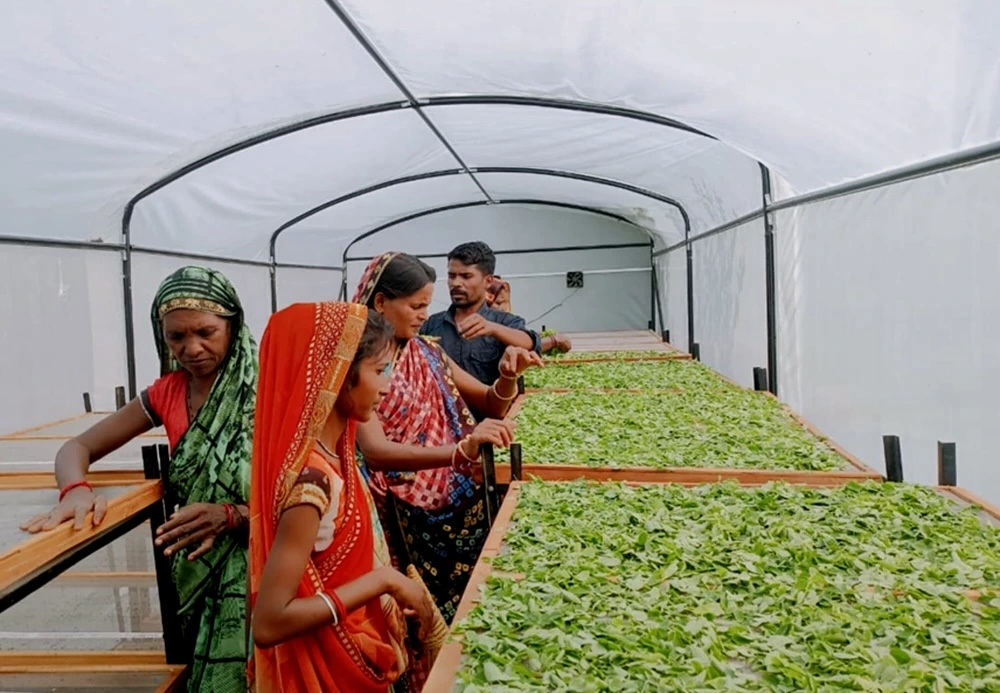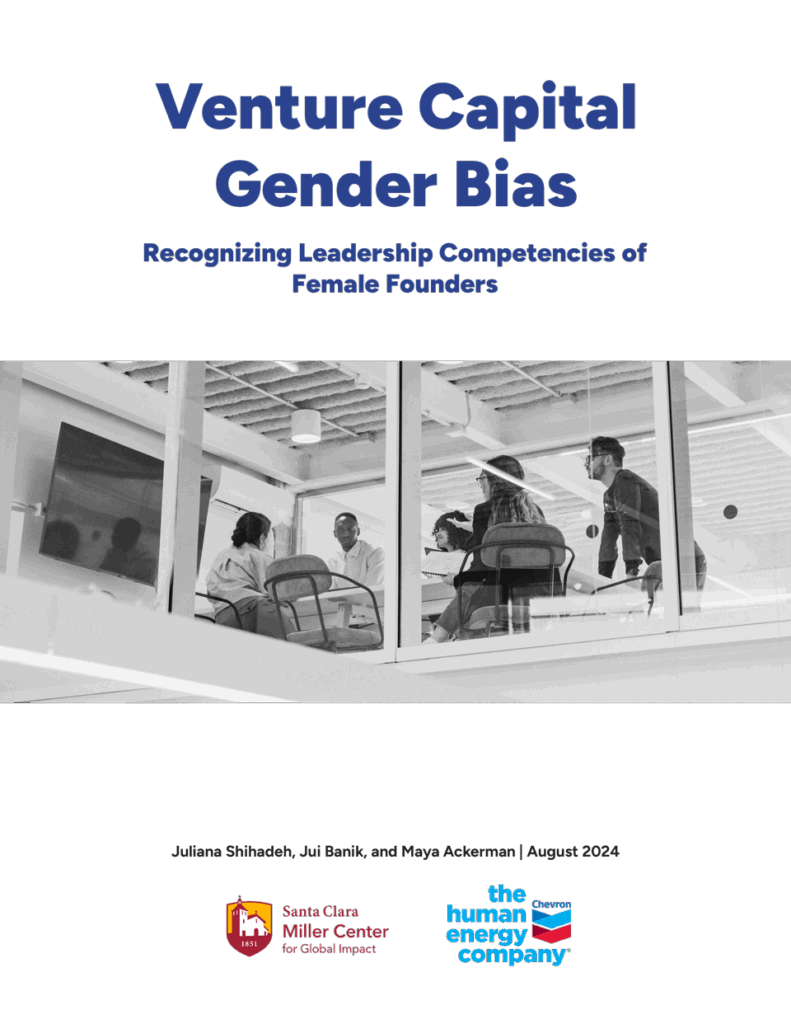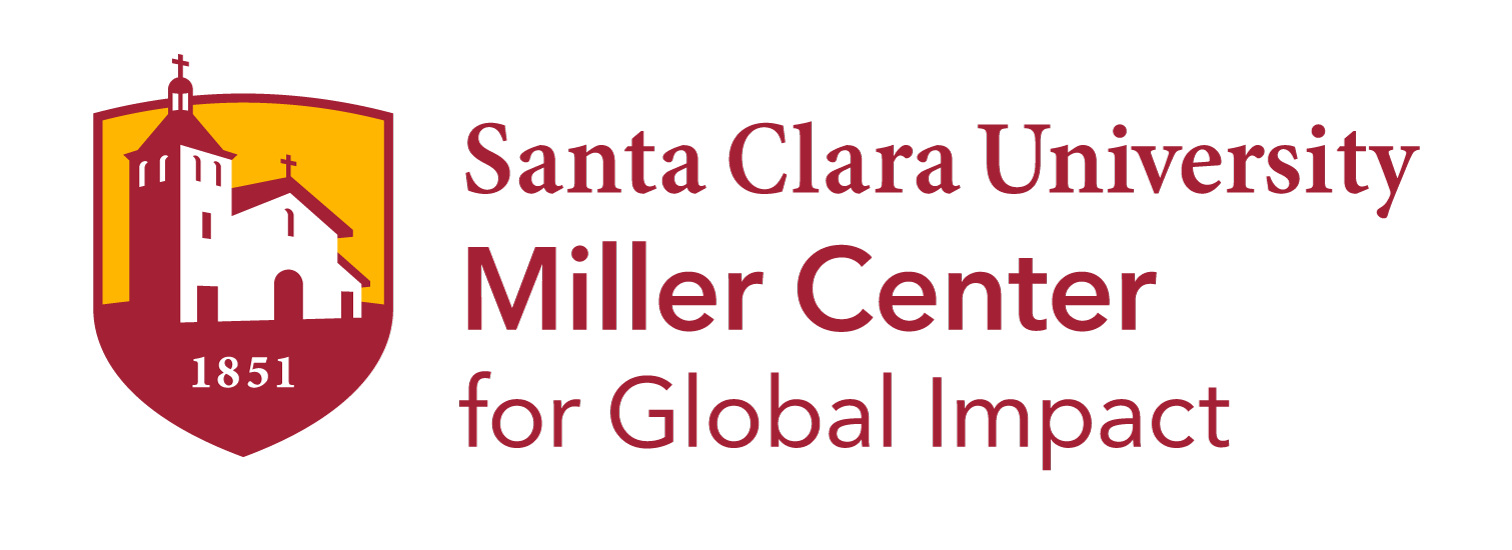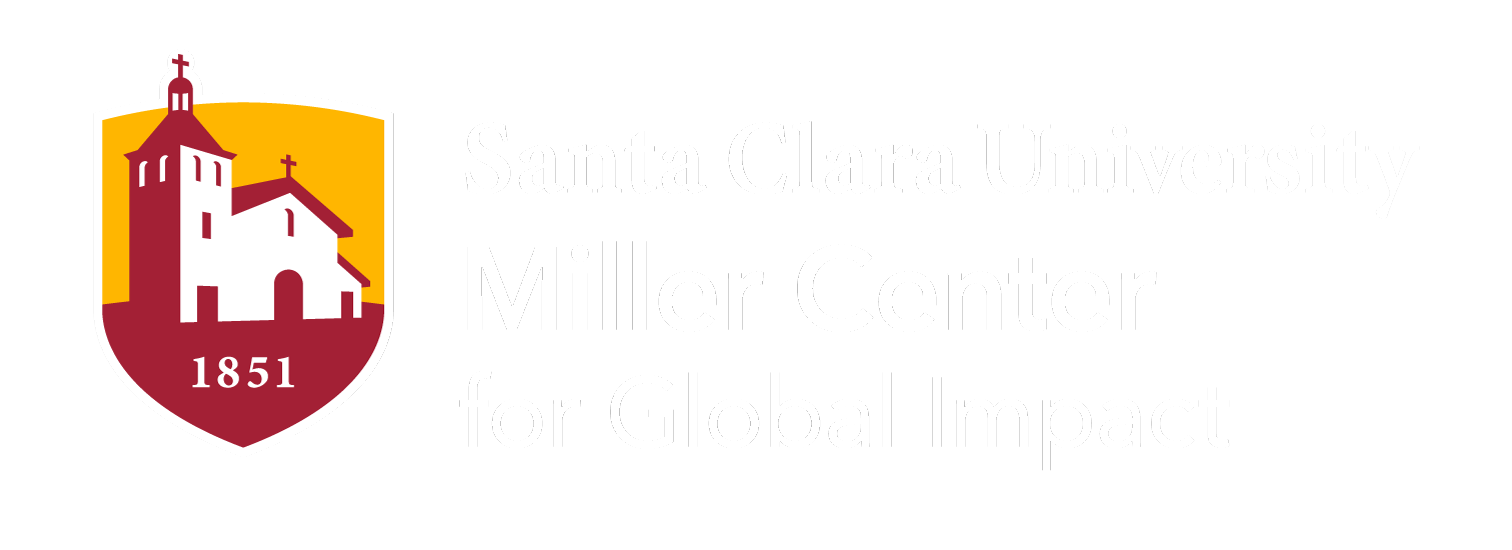For the past five years, Miller Center for Global Impact at Santa Clara University and Chevron Corporation have been reshaping what corporate philanthropy can achieve. In 2022, the two organizations launched the Miller Center-Chevron Climate Resilience Initiative to improve lives across multiple countries in Asia Pacific by delivering essential solutions—clean water, reliable energy, and climate-smart agriculture—to some of the world’s most vulnerable communities. Now, as the Initiative reaches its three-year milestone, we are reflecting on its progress, impact, and the insights we’ve gained along the way.
Chevron’s funding approach has been both bold and refreshingly trust-based. Rather than tightly prescribing outputs, the corporation has provided flexible support, enabling Miller Center to deliver customized accelerator programming and follow-on services, such as leadership coaching, bespoke mentoring, peer-to-peer support circles, and investment readiness training and facilitation. “Chevron’s support has allowed us to focus on what matters most—impact that lasts,” said Brigit Helms, Executive Director of Miller Center. “By trusting Miller Center to deploy resources where they’re needed most and lead with our expertise, they’re helping us accelerate systemic change, not just incremental progress, into vulnerable communities.”
Grounded in Impact

Since the Initiative’s launch, Miller Center and Chevron have supported 43 social enterprises—18 advancing lower carbon energy, 17 focused on clean water, and 28 innovating in climate-smart agriculture. Of those, 28 are women-led, affirming a shared commitment to gender equity and the belief that diverse leadership drives better outcomes.
These enterprises aren’t just surviving; they’re scaling. Collectively, they have achieved:
- $6.3 million in measurable impact growth
- $91 million in investment growth
- $16 million in revenue growth
- 2,600 new jobs created
NOTE: Data is collected through an annual survey for three years following the end of any programmatic engagement. Survey data is self-reported and measures longitudinal changes in key performance indicators.
Much of this growth has occurred in India, where 30 of the enterprises are actively operating. These include 12 working in lower carbon energy, 12 in water, and 21 in agriculture. “Chevron’s investment has been catalytic, not only for the entrepreneurs accelerating their solutions, but also for the communities benefiting from their impact,” said Karen Runde, Senior Director of Academics & Enterprise Network at Miller Center.

One such example is Splash Social Enterprises (SSE), which recently completed Miller Center’s Accelerator program and is currently part of Miller Center Capital’s long-term investment pipeline. SSE delivers comprehensive WASH facilities to 169,000 children daily across 495 public schools in India. The enterprise applied to Miller Center’s Accelerator to gain strategic support for scaling operations, driven by increasing order demand and a vision to establish Splash as a sustainable, independent business across Southeast Asia. As Miller Center Executive Business Mentor, Ruth Goodwin-Groen, shared, “Splash Social Enterprises approached the accelerator with tremendous focus and humility. They maximized their learning on each aspect of the program, from financial modeling to leadership coaching, to sharpening their strategy and clarifying their growth path. Their unwavering commitment to sustainably providing access to clean water for children globally allowed us to support them in strengthening the operational and investment readiness needed to expand.”
Breaking the Bias

In addition to scaling social enterprise impact, the Miller Center-Chevron Initiative commissioned research from Santa Clara University to explore bias in how entrepreneurs, particularly women and minorities, access investment funding. Maya Ackerman, PhD, Associate Professor of Computer Science and Engineering, led the research aimed at reshaping how startup investors and funders assess leadership and potential. Her report highlights the pervasive nature of unconscious bias in investment decisions. Dr. Ackerman notes, “Bias becomes particularly evident in the venture capital allocation process, where investors often rely on gut feelings and quick judgments. Consequently, women are frequently overlooked and have significantly fewer opportunities to attain funding. Our goal is to create concise and effective training programs for investors that will make a significant impact on the amount of funding invested in female-led ventures.”
Her research identifies four key competencies—empathy, collaboration, humility, and high-context thinking—that are often undervalued in traditional venture assessments but are prevalent among successful female entrepreneurs. By highlighting these traits, the research seeks to equip investors with tools to recognize and appreciate diverse leadership styles.
Looking Ahead to 2030
Reflecting on insights and successes gathered from our partnership with Chevron,
Miller Center has integrated valuable lessons into our ambitious 2030 strategy, Cultivating a Thriving Community of Changemakers. This roadmap emphasizes deepening partnerships as a cornerstone of our global impact efforts. The success of our collaboration with Chevron serves as a blueprint for how corporations can foster lasting impact by trusting mission-aligned partners to champion inclusive, locally led solutions.
Miller Center for Global Impact
For almost 30 years, Miller Center for Global Impact has been a leader in the global social enterprise movement. With an emphasis on climate resilience and women’s economic power, we accelerate social entrepreneurship to end poverty and protect the planet, guided by the UN Sustainable Development Goals. Located at Santa Clara University, we fuse the entrepreneurial spirit of Silicon Valley with the university’s heritage of social justice, community engagement, and global impact. Miller Center has served 1,500 social entrepreneurs based in over 100 countries that are impacting hundreds of millions of lives.

